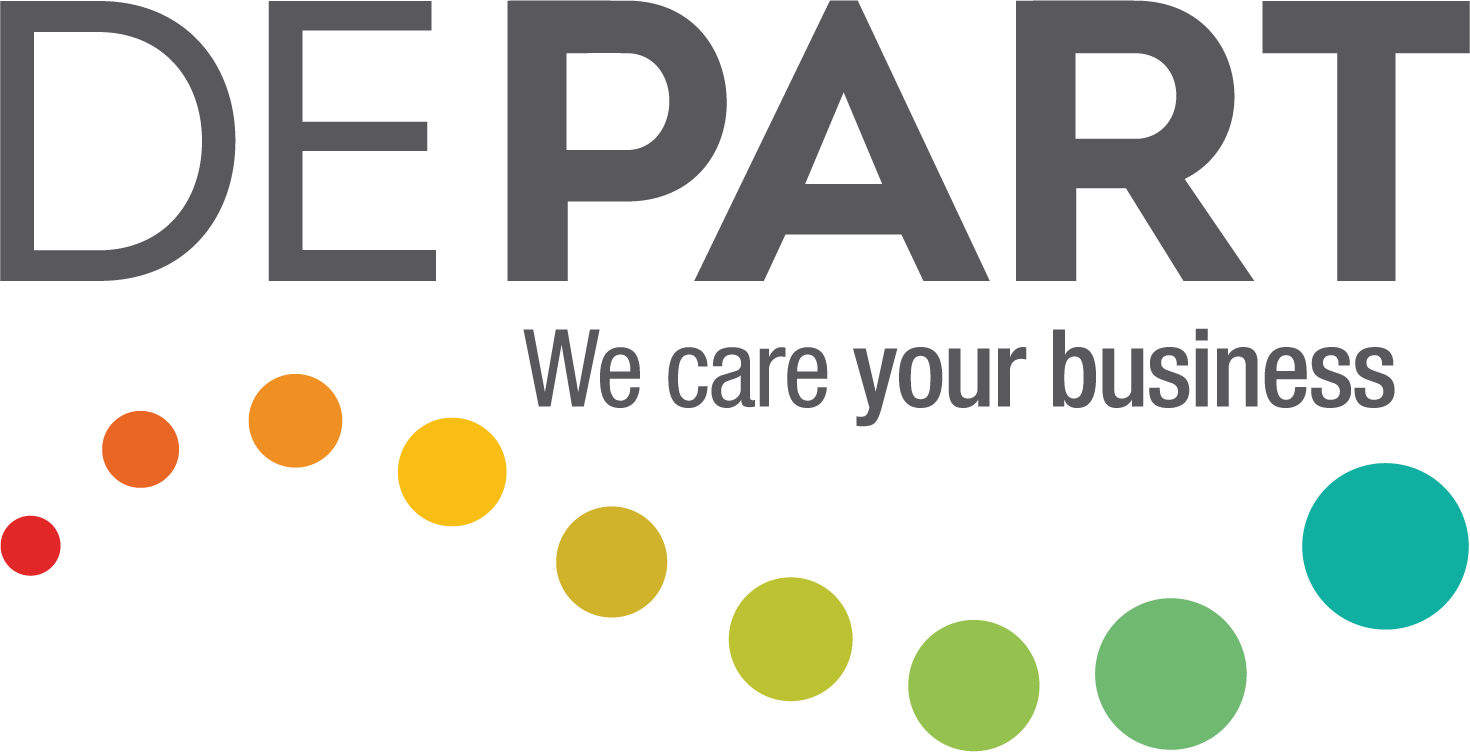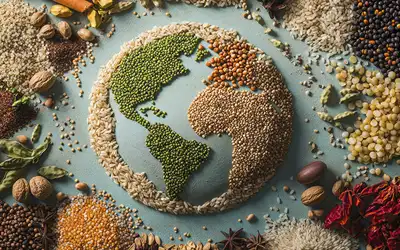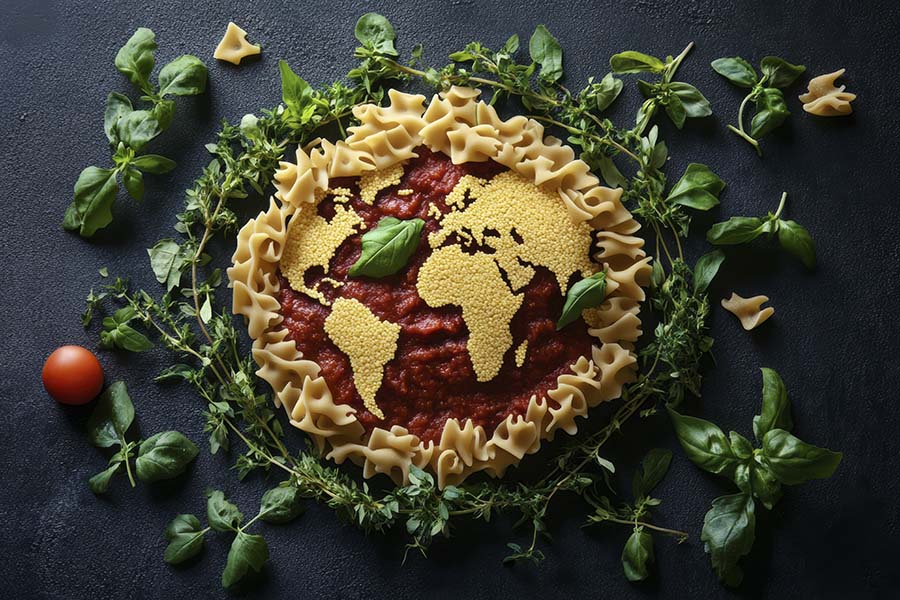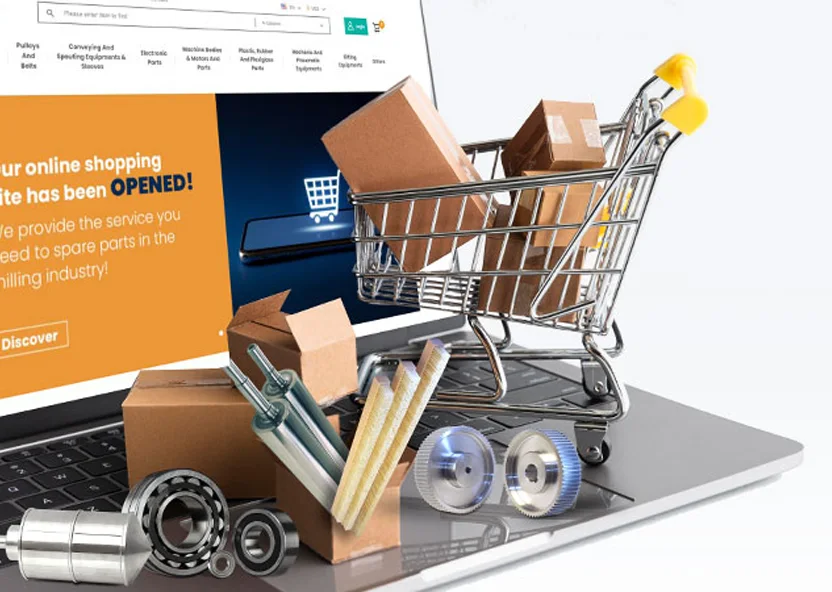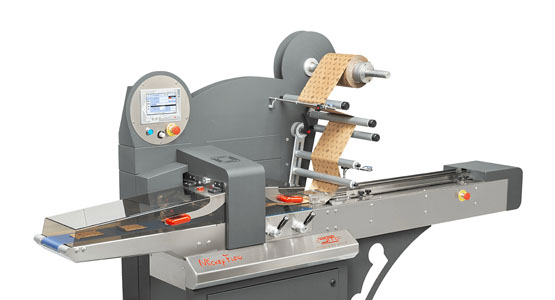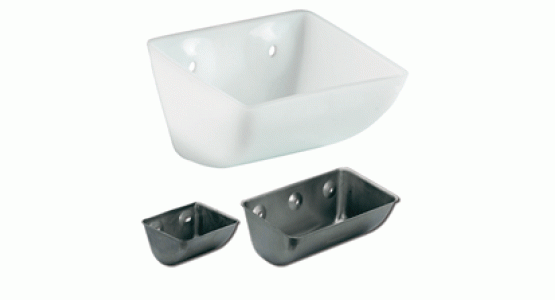
Digitalization in Milling
As the entire world is rapidly becoming digitalized, many sectors are taking significant steps towards digitalization. And the milling sector is no exception.
As the global population is expected to reach 8.5 billion by 2030, the primary question regarding the future of global food systems is: “How will food systems feed 8.5 billion people in a healthy and sustainable way?” It seems that digitalization is a powerful answer to this significant question.
Flour plays a critical role in the diets of many people across the world as a staple food consumed widely for tens of thousands of years. It is obvious that the global milling sector is an integral part of the global food systems. With the opportunities opened up by digitalization and automation, it is getting closer to capturing the food system’s full value.
Through innovation and digitalization, the needs of the consistently growing global population can be sustainably met. Technology not only enables increased efficiency in the production processes, but does so while also providing more advantages to all players in the supply chain. Innovative technologies help develop solutions that enable controlled production systems, comprehensive and reliable data analysis and quick equipment maintenance.
Since food is stored, transported, processed in large quantities and then distributed across the world through many different channels, it can be exposed to various conditions like extreme weather, poor storage facilities, and physical, chemical or biological contaminations during these processes. Digitalization makes it possible to collect data about temperature and humidity in silos to protect food against unwanted bacterial formations, mould infections, and mycotoxin contamination.
Innovative technologies developed to improve process efficiency, enable efficient and sustainable use of resources like energy, water, and land in crop cultivation and optimization of yield offer many benefits such as increased value, reduced food waste, quicker decision-making processes, reduced spare parts requirements, easy maintenance and longer service life. Moreover, the opportunities offered by digitalization ensure transparent communication throughout the value chain while saving energy and preventing contamination.
Internet of Things (IoT) and AI-based integrated systems offer enhanced reliability and operational safety, ease of operation, centralized monitoring of all processes, and traceability. Intelligent process optimization through advanced sensor technology ensures standardization and increases profitability.
Reliable contaminant control, accurate information and real-time quality monitoring can significantly help the milling industry to provide healthy and nutritious food to sustainably feed the rapidly increasing global population.
To this end, Depart offers reliable and proven solutions to its customers. By utilizing digitalization, it supports its customers to maximize machine safety, optimize costs and maintain plant operations. Providing remote and quick diagnosis for optimum plant performance with its hands-on experience and the comprehensive remote support services it offers via its secure management software, Depart enables its customers to save time and money.
Depart’s expert aftersales team provides 24/7 support to customers across the world with the comprehensive and special software DIOS which enable immediate response to failures and continuous information flow. Thanks to the live technical support it provides using advanced technology, Depart helps businesses to enjoy enhanced profitability and value through quick solutions.
